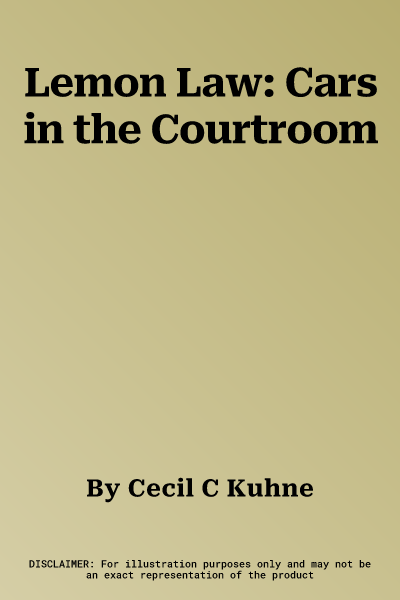Every state in the country has enacted consumer-protection legislation
known as a lemon laws to assist new vehicle buyers with either recurring
mechanical problems (commonly referred to as "warranty nonconformities")
in spite of attempts by manufacturers and dealers to repair them, or
situations where the defects have caused the vehicle to be out of
service for a long period of time.
As straightforward as lemon laws appear, a surprising number of very
interesting--and sometimes complex--legal issues arise, leading to a
substantial amount of litigation (numerous firms around the country
specialize exclusively in lemon law cases). Such thorny legal issues
include:
- Is substantial impairment of the defective vehicle "to the consumer"
to be judged as an objective test or a subjective one?
- Must the consumer be completely unaware of the nonconformity before
accepting delivery of the vehicle?
- How specific must the consumer be in notifying the manufacturer or
dealer of the consumer's selection of the remedy to either replace or
buy back the defective vehicle?
- Must all accessories of a vehicle replaced pursuant to the lemon law
also be brand new, even if not defective?
- Can the consumer be required to sign a general release in order to
receive the remedies afforded by the lemon law?
- Do negotiations between the consumer and the manufacturer or dealer
toll the time in which the manufacturer must replace or buy back the
defective vehicle?
- Is the manufacturer or dealer allowed more time to replace or buy back
the defective vehicle if the consumer is engaged in obstructive
tactics?
- Where is the line between personal and business use of the vehicle
which makes the vehicle ineligible for lemon law enforcement?
- Are leased vehicles covered under lemon laws, and if so, how is the
transfer of the vehicle's title handled?
- Do lemon laws apply to demonstrators, motor homes, and motorcycles?
Each chapter is preceded by "practice tips," and the text is organized
logically to follow the progression and development of litigation
claims.

